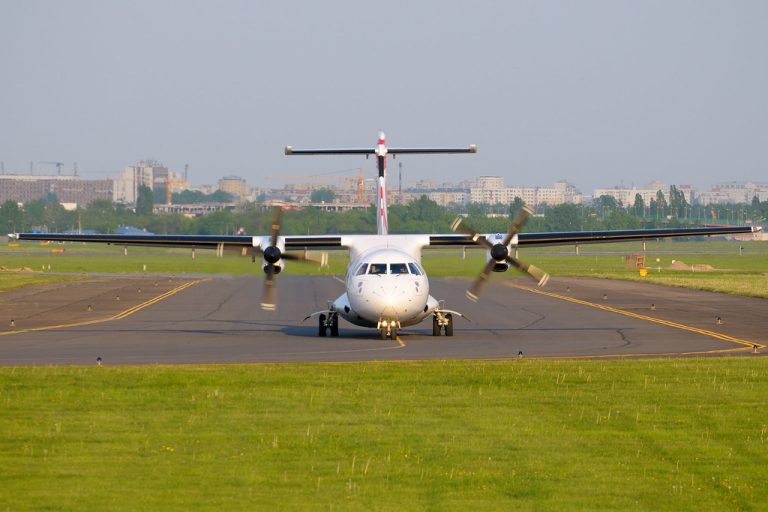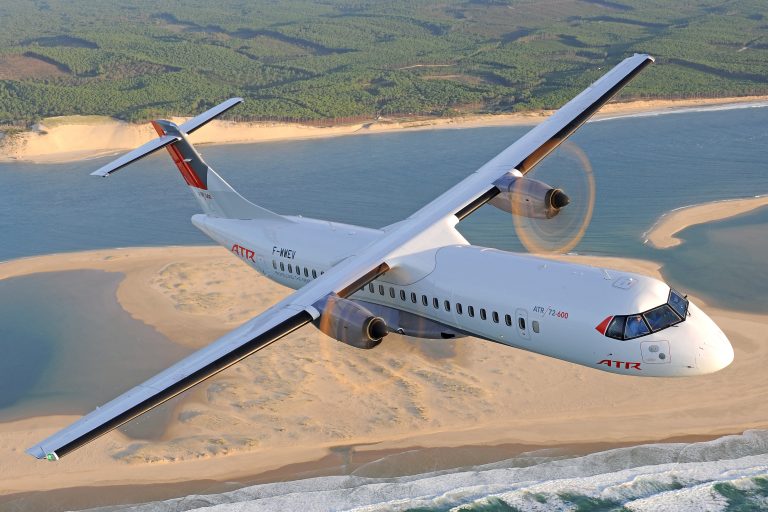Airbus is once again pushing the envelope in aviation design, showcasing a forward-thinking approach that blends enhanced customer experience with industry-disrupting efficiency. The company recently revealed a revolutionary double-decker seat concept that, while still in its prototype phase, signals Airbus’s commitment to reimagining the commercial flight cabin. The design aims to optimise space within economy class cabins by allowing passengers to sit in a vertically staggered arrangement, potentially increasing seat capacity without compromising on comfort.
Though not yet confirmed for production, this concept has garnered substantial attention from industry watchers and investors alike. If adopted, such a layout could allow airlines to boost revenue per flight while keeping ticket prices competitive—a compelling proposition in a sector where margins are often razor-thin. More importantly, it highlights how Airbus is looking beyond traditional boundaries to improve aircraft economics in tandem with passenger satisfaction.
This push towards innovation is further amplified by the imminent commercial debut of the A321XLR (Extra Long Range), a narrow-body aircraft that’s poised to rewrite the rulebook for long-haul travel. Capable of flying up to 4,700 nautical miles, the A321XLR offers intercontinental range with the operating costs of a single-aisle jet. That translates into a serious strategic advantage for low-cost and full-service carriers looking to expand into thinner, long-distance routes without the financial burden of larger wide-body jets.
Airlines have already shown strong interest in the A321XLR, placing hundreds of orders ahead of its entry into service. For investors, this signals a robust order backlog that will support Airbus’s earnings in the near to mid-term. The timing is impeccable, as airlines across the globe seek to rejuvenate their fleets with more fuel-efficient aircraft that support sustainability goals and regulatory pressure on carbon emissions. The A321XLR checks all the right boxes: range, efficiency, and flexibility.
Furthermore, the aircraft’s ability to open up previously unprofitable routes could create entirely new revenue streams for airline customers, cementing Airbus’s place as a strategic enabler of airline expansion. From an investment standpoint, this is more than just a new aircraft launch, it’s a sign that Airbus is executing on a long-term vision to lead both in innovation and market share.
These twin developments—the visionary cabin layout and the commercial rollout of the A321XLR—underscore Airbus’s capacity to lead the aerospace industry into its next phase of evolution. It’s a blend of daring design and practical engineering that sends a strong message to markets: Airbus is not resting on its laurels. It is actively shaping the future of flight.
Investors eyeing long-term value in the aerospace sector should take note. With a healthy order book, a clear commitment to innovation, and growing airline interest in both new cabin concepts and advanced aircraft like the A321XLR, Airbus appears well-positioned to deliver sustained performance.
Airbus is a European aerospace giant that designs, manufactures, and delivers aircraft, helicopters, and space systems. Known for its flagship A320 and A350 families, the company is a global leader in commercial aviation, defence, and aeronautics.
Avation PLC (LON:AVAP) is a commercial passenger aircraft leasing company owning a fleet of aircraft which it leases to airlines across the world. Avation’s future focus are new technology low CO2 emission aircraft.







































